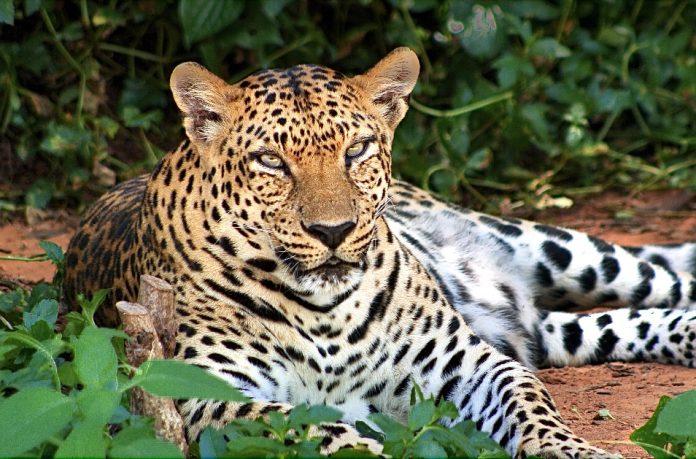
Imperiled Leopards Are One Step Closer To Gaining Increased Endangered Species Act Protection
You can help all animals and our planet by choosing compassion on your plate and in your glass. #GoVeg
RELATED ARTICLES
Endangered Species Act Protections Designated For 10 Species Across The United States
The Center for Biological Diversity has secured court-ordered deadlines from the U.S. Fish and Wildlife Service for final Endangered Species Act protections for 10...
USDA Ends The Brutal “Sport” Of Horse Soring At Tennessee Walking Horse Shows
Photo credit: HSUS
Yesterday, the U.S. Department of Agriculture published a final rule to end the brutal practice of horse soring at Tennessee walking horse...
Born Free USA Calls For A Phase-Out Of Keeping & Breeding Big Cats In Captivity
Wildlife conservation and animal advocacy nonprofit, Born Free USA, has released Clawing at the Cages: Big Cats in Zoos, a new report detailing the...
Popular stories
News
Twelve Dead Whales Have Washed Up On Shore In Northern California This Year; Stronger Regulations Are Needed To Save Them
Photo By: Barbie Halaska, NOAA Permit #18786
Conservation groups and concerned citizens gathered at Crissy Field Beach in San Francisco earlier this week to honor 12 dead whales that...
Breaking News
Court Orders U.S. Fish & Wildlife Service To Fix Regulation That Allows Oil Companies To Harass Polar Bears In Alaska
The 9th U.S. Circuit Court of Appeals ruled this week that the U.S. Fish and Wildlife Service must correct legal errors in a regulation that...
News
UK Slaughterhouse & Six Employees Sentenced For Animal Welfare Offenses Against Cows & Sheep They Murdered
The business operator of G and GB Hewitt Ltd, a slaughterhouse in Chester, England, along with six men who worked there have been sentenced...


